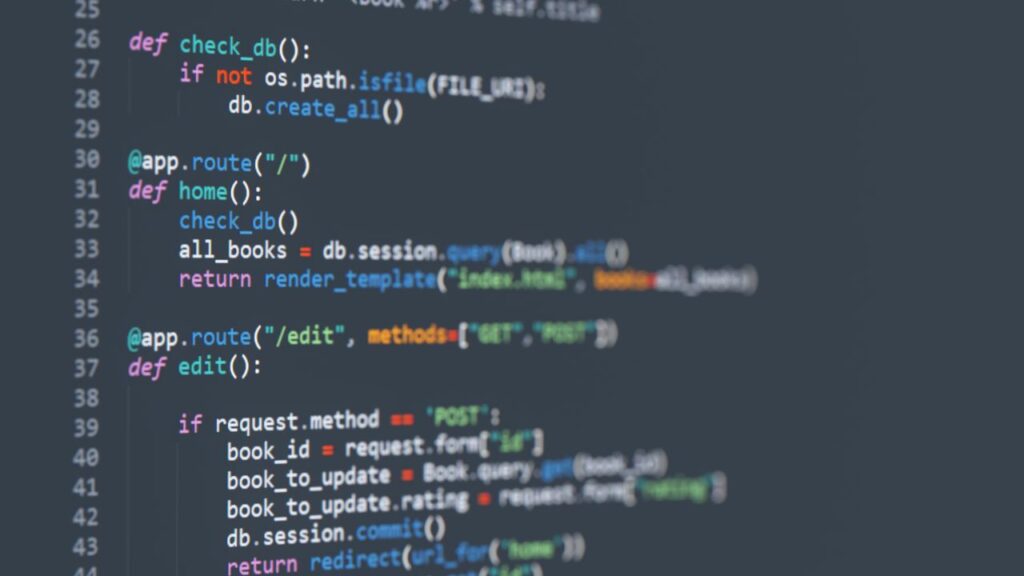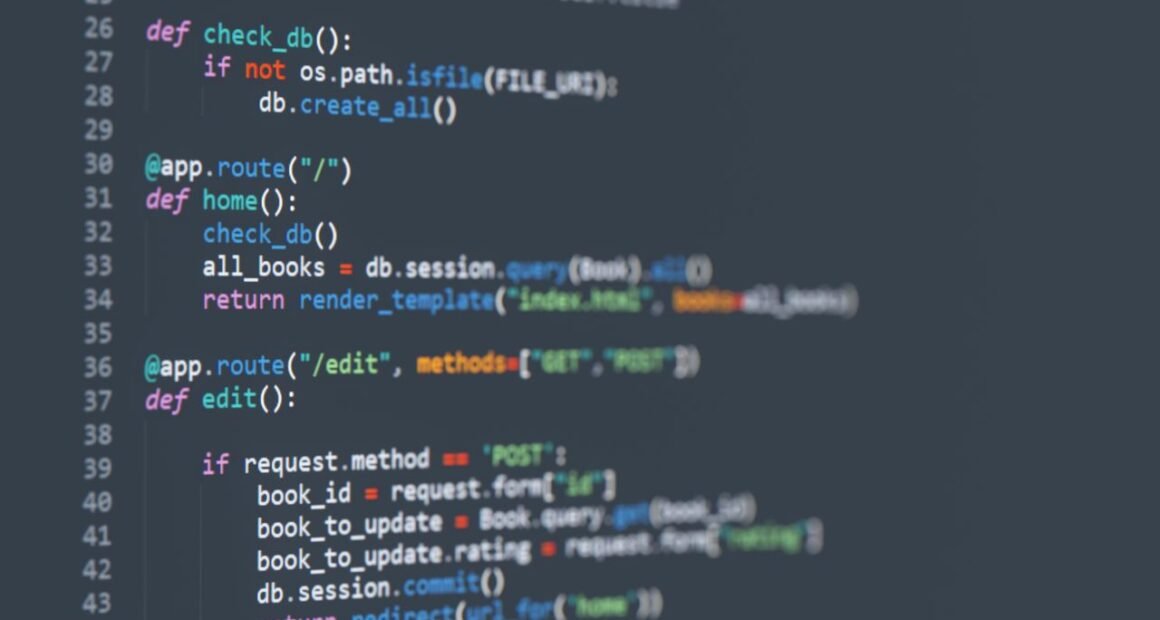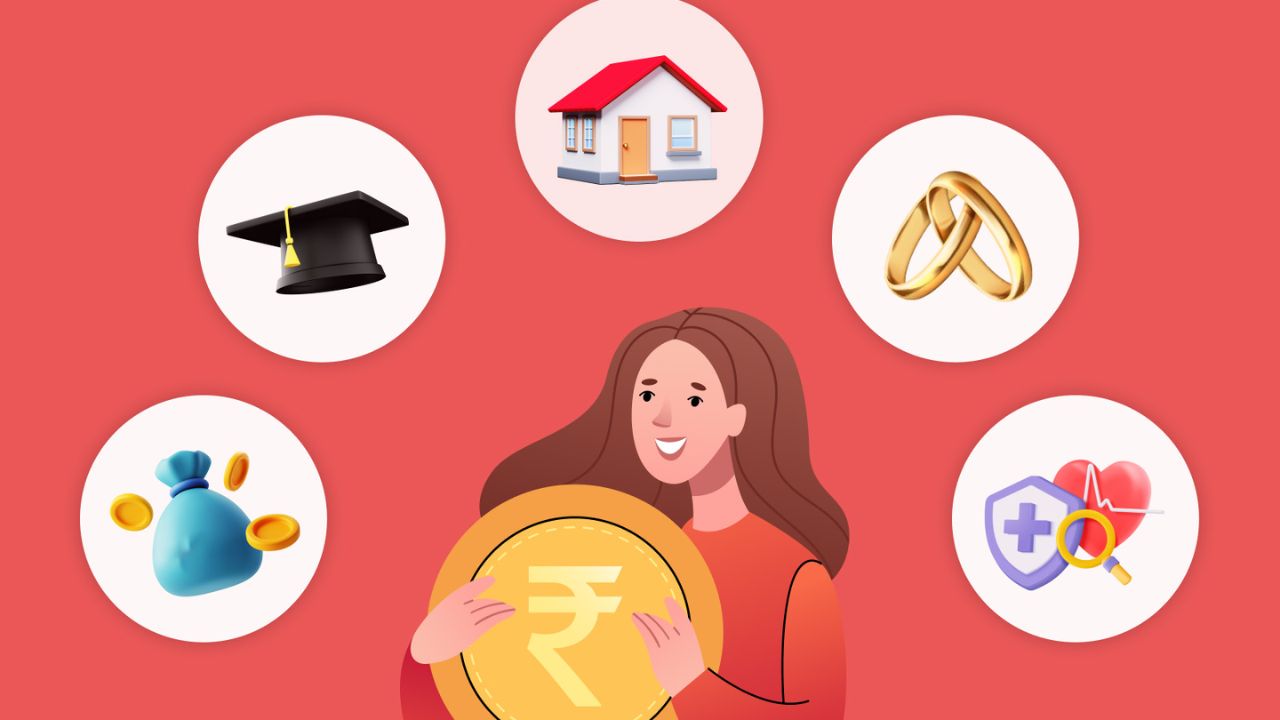Introduction to Coding for Beginners
Coding, or programming, has transformed how we interact with the world, touching everything from our smartphones to our smart home devices. For beginners, coding might feel intimidating, but understanding the basics can open endless opportunities and allow anyone to bring their creative ideas to life. Let’s break down why coding is essential and dispel a few myths that often discourage newcomers.
Why Coding Matters in Today’s World
Learning to code is invaluable because technology drives nearly every industry. Whether it’s healthcare, finance, education, or entertainment, coding skills enable you to play a role in the tech developments shaping these sectors. Beyond career growth, coding can also spark innovation in areas like data science, artificial intelligence, and cybersecurity.
Common Myths About Coding
One myth is that coding requires a natural talent for math, but in reality, coding is more about logic and problem-solving. Another misconception is that only young people can learn to code, but coding is a skill accessible at any age. You don’t need to be a genius to start coding—you just need curiosity and dedication.
Benefits of Learning to Code
Coding is more than just creating software; it develops several crucial skills, making it a valuable pursuit for both personal and professional growth.
- Expands Job Opportunities: Coding skills open doors to roles like web developer, software engineer, data analyst, and more.
- Improves Problem-Solving Skills: Coding challenges you to think critically, analyze issues, and create solutions.
- Enhances Logic and Reasoning: Coding requires an organized thought process, which strengthens logical thinking and systematic problem-solving.
Basic Coding Concepts for Starters
When you’re just beginning, understanding the foundational concepts of coding languages and structures can help ease you into more complex tasks.
Introduction to Coding Languages
Coding languages are the different “tongues” computers understand. Each has unique functions, and some are more beginner-friendly than others. Python, JavaScript, HTML, and CSS are often recommended for beginners because of their readability and simplicity.
Syntax, Commands, and Structure
Every coding language has its syntax or rules for how code must be structured. Learning syntax is similar to learning grammar in a new language, and it’s essential for the computer to understand and execute your code without errors.

Also Read: Study Websites That Make Learning Easier and Faster
Popular Coding Languages for Beginners
Choosing the right coding language is crucial. Here are a few beginner-friendly languages that are versatile and widely used in various industries:
- Python: Known for its simplicity and readability, Python is an ideal first language.
- JavaScript: Essential for web development, JavaScript makes websites interactive.
- HTML & CSS: These are the foundational languages for web design, allowing you to create and style web pages.
- Scratch: Often used in schools, Scratch is a visual language that teaches logic through drag-and-drop blocks.
Best Platforms to Learn Coding
Free Platforms for Learning Coding
These free resources make it easy to get started with coding:
- Codecademy: Offers interactive lessons and tracks for various coding languages.
- Khan Academy: Known for its in-depth, video-based tutorials.
- FreeCodeCamp: Provides exercises and real-world projects.
- MIT OpenCourseWare: University-level courses accessible to anyone.
Paid Platforms for Learning Coding
Investing in a paid platform can provide structure, certifications, and advanced resources:
- Udemy: Offers a broad range of affordable courses.
- Coursera: Features university-backed courses with certifications.
- Pluralsight: Ideal for tech professionals seeking more advanced training.
- edX: Provides high-quality courses from top universities.
Top Resources to Supplement Your Coding Journey
Beyond courses, additional resources like YouTube channels, blogs, and podcasts provide coding insights and updates:
- YouTube Channels: Channels like Traversy Media and The Net Ninja provide free tutorials.
- Blogs/Websites: Stack Overflow and Medium’s coding sections are great for troubleshooting and inspiration.
- Podcasts: Podcasts are perfect for learning while commuting, with topics covering everything from beginner tips to advanced techniques.
Building Your First Coding Project
Starting your own project is a fantastic way to practice and apply your skills.
- Set Clear Goals: Determine what you want to accomplish with your project, whether it’s building a website or creating a simple game.
- Select Beginner-Friendly Projects: Choose projects that align with your skill level, like building a personal blog or creating a simple calculator app.
- Use GitHub for Version Control: GitHub helps you track changes, collaborate, and showcase your work to potential employers.
Challenges Faced by Beginners and How to Overcome Them
Everyone faces obstacles while learning to code. Here are some common challenges and solutions:
- Syntax Errors: Beginners often struggle with syntax. Reading error messages carefully can help identify and fix issues.
- Staying Motivated: Keeping up momentum can be tough. Coding challenges and competitions provide a fun way to practice and stay engaged.
- Finding a Community: Coding forums, Reddit, or even social media groups can connect you with other learners for support and accountability.
Essential Tools for Beginner Coders
Having the right tools simplifies coding:
- IDEs (Integrated Development Environments): Tools like PyCharm, Visual Studio Code, and Atom help streamline your coding experience.
- Code Editors: Text editors like Sublime Text and Visual Studio Code are great for beginners.
- Version Control: Git and GitHub allow you to track changes, collaborate, and maintain project integrity.
Developing a Growth Mindset in Coding
Coding is a journey of continuous learning. Embracing a growth mindset is crucial:
- Accept Mistakes: Every mistake is a learning opportunity, so don’t be discouraged by errors.
- Set Milestones: Break down your learning journey into achievable goals and celebrate small wins.
- Join Coding Communities: Forums like Stack Overflow and GitHub provide support, feedback, and collaboration opportunities.
Exploring Career Paths in Coding
With coding skills, a variety of career paths open up:
- Web Development: Create websites and web applications.
- Data Science: Use coding to analyze and interpret data.
- Cybersecurity: Coding knowledge is essential for identifying and protecting against cyber threats.
How to Make Coding a Lifelong Skill
Continuing education is vital in coding:
- Stay Updated on Trends: Technology evolves, and keeping up-to-date is crucial.
- Enroll in Advanced Courses: As you progress, tackle advanced topics to broaden your skills.
- Participate in Competitions: Coding challenges and hackathons provide both practice and community interaction.
Frequently Asked Questions
1. How long does it take to learn coding?
Learning to code can take anywhere from a few months to years, depending on the depth and complexity of the language and topics you pursue.
2. What is the best coding language to start with?
Python is often recommended for beginners due to its readability and versatility.
3. Is a degree required to become a coder?
No, coding skills can be self-taught or acquired through bootcamps, courses, and practice.
4. Can coding be self-taught?
Absolutely. Many coders are self-taught, using online resources, tutorials, and personal projects.
5. What is the difference between coding and programming?
Coding typically refers to writing code, while programming encompasses broader tasks like problem-solving, planning, and debugging.
6. Are there coding careers outside of tech companies?
Yes, coding skills are valuable in finance, healthcare, education, and more sectors.







